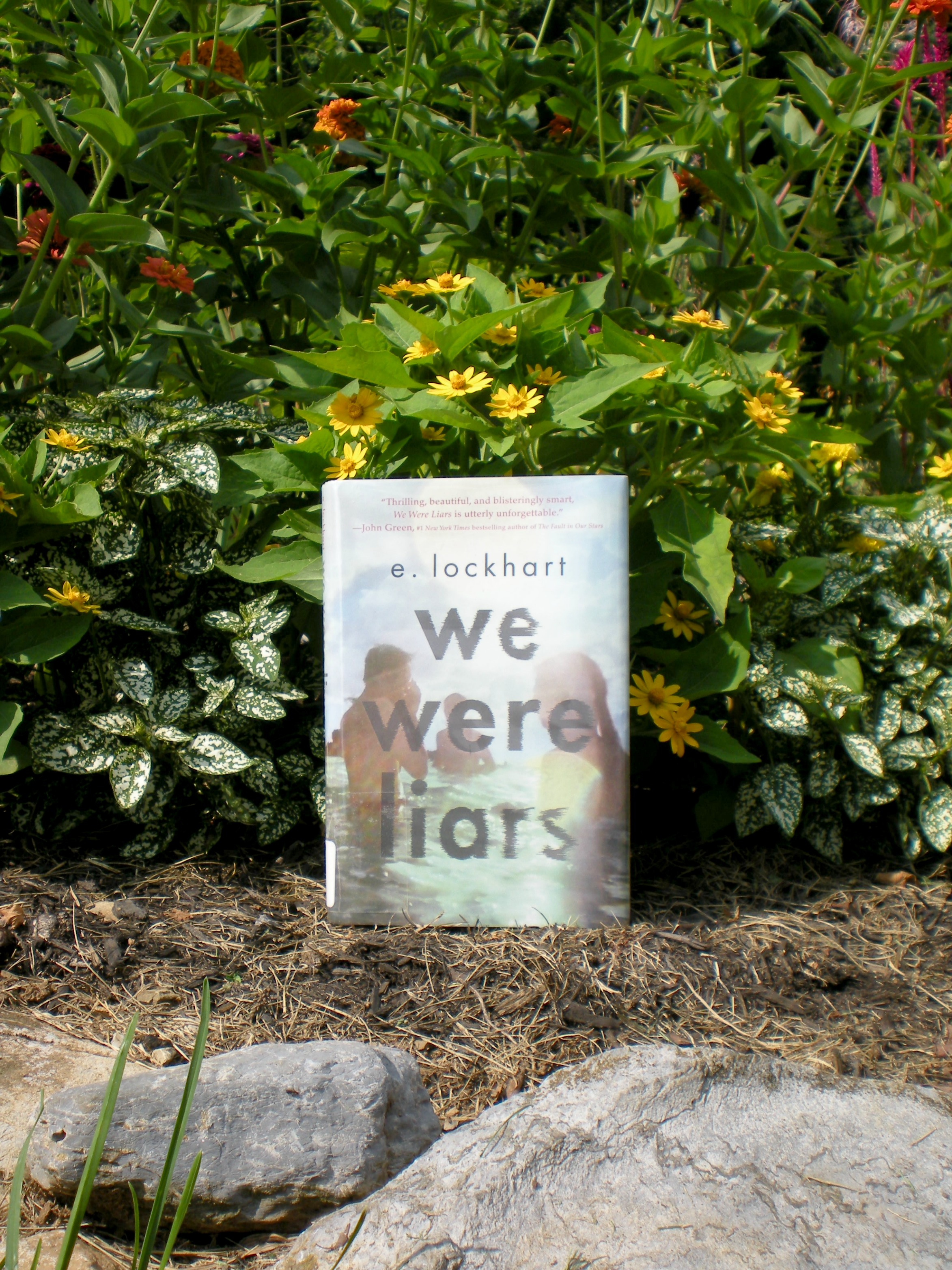Family Bonds, Featuring Hidden Valley Road
/Reading Robert Kolker’s Hidden Valley Road made me think a lot about my own family. If you’ve read Hidden Valley Road: Inside the Mind of an American Family, this does not sound like a good thing. But through discussing the perils and struggles of the Galvin family, Kolker peeks at what it means to be a family and how those relationships shape bonds unlike any other.
The Book: Hidden Valley Road: Inside the Mind of an American Family
The book details the lives of the 12 Galvin siblings, six of whom are diagnosed with schizophrenia. The Galvin parents, Don and Mimi, try very hard to make the family appear like an all-American, perfect 1950s household, but the reality is much darker. Violence, abuse, and trauma fill the rooms of the family home on Hidden Valley Road, and all the siblings are left to reconcile how these events determine the rest of their lives.
My family is nothing like the Galvins. I was fortunate to grow up in a healthy, loving home with parents and a sister who love me unconditionally. Yet reading about this extreme case of family life made me think about my family members. Specifically, my grandfather and his love of farming.
Family Bonds
While I read Hidden Valley Road, my grandfather, Leighton Miller, passed away after years of battling dementia. He means the world to me, and I wrote about a lot of our time together growing up in my college senior project. He’s throughout the whole project, but one essay, “The Farmer,” is devoted to him. At a time when all I wanted was to live on the farm and be closer to Grandma and Granddad, he taught me how to drive the tractor, to cover the garden with newspaper to help with pests, to mow with a John Deere riding lawnmower. My granddad loved to farm, and I loved my granddad. I wanted to know why he loved this lifestyle so much.
I never asked him, so I don’t have a meaningful quote about farming from him. But even when we first noticed his mind wasn’t the same — when he forgot certain safety features on the tractor or made my sister and me drive his large, green truck to pick up feed when we were used to city streets and Honda Civics — he did everything he could to keep farming. And my uncle, my mom, my grandma did what they could to let him farm for as long as possible.
When I think of my granddad now, it’s the man who got up before sunrise to feed the cows, who was outside all day except for meals, who moved hay and tended the garden. He was patient, kind, and loving to anyone who met him. As the pastor said at his funeral, “anyone who talked to him for four minutes felt like they knew Leighton.” I’m lucky that I knew him for almost 27 years.
So, in summary…
Our family relationships, for better or for worse, influence our lives. Whether your family is in your life or not, whether you care for them or not, they shape the landscape of your life. I’m lucky that my family has shaped me for the better. And I’m forever grateful that Leighton Miller was a part of my landscape.















